The President of Russia will meet tomorrow in Tehran with his counterparts – from Turkey Recep Tayyip Erdogan and Iran Ebrahim Raisi – as part of his second trip abroad since the start of the military operation in Ukraine. A few days after Joe Biden’s visit to the Middle East, which aimed to unite Israel and the Arab countries with the West against the bipolar influence of Russia and China.
V. Putin and Russia understand that “there is no future with the West. The future lies with relations with the South,” said Hanna Notte, an analyst at the Vienna Center for Disarmament and Non-Proliferation, reports WSJ.
The US President did not visit Ankara during his recent tour of the Middle East as Washington’s relationship with the Erdogan government was strained due to Turkey’s close ties with Russia.
Putin seeks to strengthen Russia’s relationship with Iran, America’s adversary, which, like Russia, is a target easing US sanctions, he became a key military and trade partner of Moscow. According to US intelligence, Russian officials visited Iran in June and July to check combat capability of Iranian droneswhich, according to American intelligence, Iran is going to supply to Russia for the war in Ukraine.
The Russian President’s meeting with Mr. Erdogan should take place, as Turkey has managed to assume a decisive role as an arbiter in the war. Turkey, a NATO member that clashed with the US before the war over Erdogan’s occasional diplomatic flirtation with Moscow, denounced the Russian invasion and sold Ukraine combat dronesbut did not impose sanctions against the Kremlin.
Despite sometimes tense relations with Putin, Erdogan is playing the role of arbiter in a possible plan to create a corridor for grain stuck in Ukraine, as well as in possible peace talks.
“The direction of the President’s (V.Putin’s) visits abroad speaks to where he now sees the need and opportunity for Russian diplomacy,” said Dmitry Trenin, a Russian pro-Kremlin foreign policy analyst.
The three leaders intend to discuss Syria, where Russia and Iran support the regime of President Bashar al-Assad. And Turkey is backing the warring rebel factions.
Russia intervened in the Syrian civil war in 2015, using air power to turn the tide of the conflict and help keep the Assad regime alive. In Tehran, Putin will stress to his Turkish and Iranian counterparts that Moscow remains a key player in Syria despite the campaign in Ukraine, said Fyodor Lukyanov, chairman of the Kremlin’s advisory council on foreign and defense policy.
Despite sending more than 100,000 troops to invade Ukraine, Russia has managed to maintain its military presence in Syria and Libya, two countries where Moscow has used relatively inexpensive military interventions to increase its influence in the region.
In recent weeks, Russia has been stepped up some of its military operations in Syria, launching airstrikes on US bases and harassing US forces stationed in the country.
Last week, Russia used its veto power in the UN Security Council to force a reduction in the UN mandate. for the delivery of food aid millions of Syrians, putting pressure on the Western-backed relief operation in rebel-held areas of Syria.
Putin met with Raisi in Moscow in January and again last month in Turkmenistan on the sidelines of a regional summit.
“He puts a lot of effort into building those relationships,” said Mark N. Katz, professor of government and politics at George Mason University and a specialist in Russian relations in the Middle East.
Russia is manipulating the prospect of grain supplies to Iran, whose population has been hit hard by rising food prices, in exchange for Tehran’s help to circumvent sanctions, Iranian businessmen and officials say.
In May, Iranian Oil Minister Javad Ouji said that Tehran had completed an agreement to supply 5 million tons of wheat and grain after meeting with Russian Deputy Prime Minister Alexander Novak. Mr. Novak confirmed that Russia had discussed trade agreements with Iran, but did not say whether they had been signed.
Russians now often travel to the Islamic Republic of Iran to discuss ways to circumvent sanctions, Iranian businessmen say. Deals being discussed include Iran selling clothes to Russian buyers to replace Western brands and spare parts for struggling Russian automakers. An export corridor from Russia to India through Iran was also discussed.
During his May trip to Tehran, Russia’s Mr. Novak said that trade between the two countries has grown by 80% year on year, to $4 billion in 2021. He expects it to rise to $40 billion in the near future.
Despite Western sanctions, Russia maintains relatively cordial relations with a number of countries in the Middle East, including traditional US security partners such as Egypt, the United Arab Emirates and Saudi Arabia.
Putin has forged personal relationships with the leaders of these countries, offering a partnership free from Western criticism of government human rights abuses.
After invading Ukraine, Russia also threatened to use grain and other key food items to reward allies. Last month, Russian Agriculture Minister Dmitry Patrushev said that Moscow would limit grain exports to “unfriendly countries.”
It can give Russia’s leverage on such countrieslike Egypt, the world’s largest wheat importer, which receives over 70% of its wheat supply from Ukraine and Russia. Turkey receives more than 80% of its supplies from the two countries.
Much is at stake during Mr. Putin’s meeting with Mr. Erdogan of Turkey, where the two leaders are expected to discuss a UN-backed proposal to resume Ukrainian grain exports across the Black Sea, Turkey’s involvement in the war in Ukraine, and recent Turkish threats to start new military intervention in Syria.
Russian, Ukrainian and Turkish negotiators on Wednesday came to an agreement about the general features of a deal to export grain on ships across the Black Sea, which raised hopes for the release of some of the 20 million tons of grain and other agricultural products stuck in Ukraine.
Now the deal is largely dependent on Putin’s approval. Representatives of the UN and Western countries also said that the technical details of the plan were still to be discussed.
Erdogan is also expected to use the meeting to push Turkey into a new military operation against Kurdish militants in northern Syria, which will likely require Russia’s acquiescence due to the presence of Russian troops in the area.
Erdogan has sought to position himself as a mediator in the crisis – Turkey has held two rounds of unsuccessful peace talks between Russia and Ukraine.
“Probably Turkey is the only country that Russia is ready to look at as a mediator in this conflict,” said Mr. Lukyanov of the Kremlin’s advisory body. “There are currently no grounds for peace talks, but at some point there will be.” .
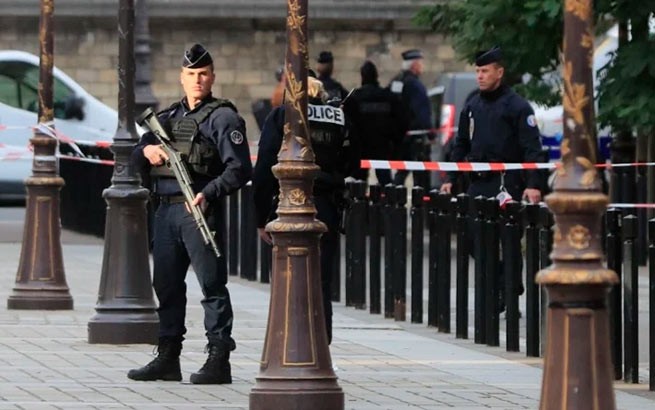
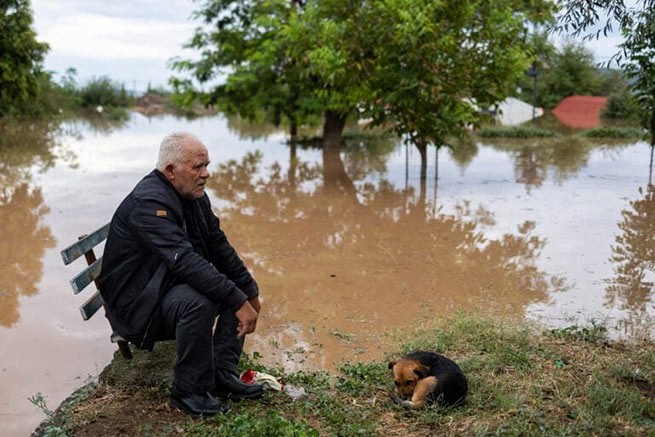
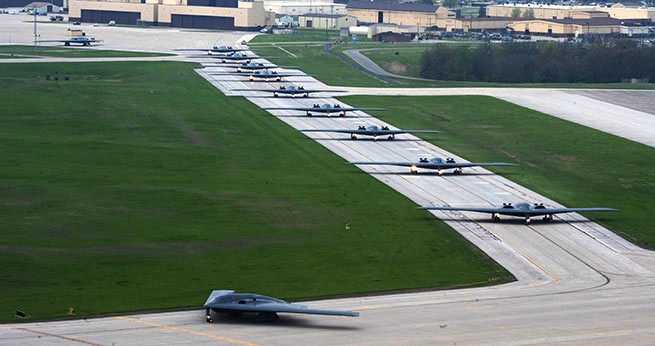
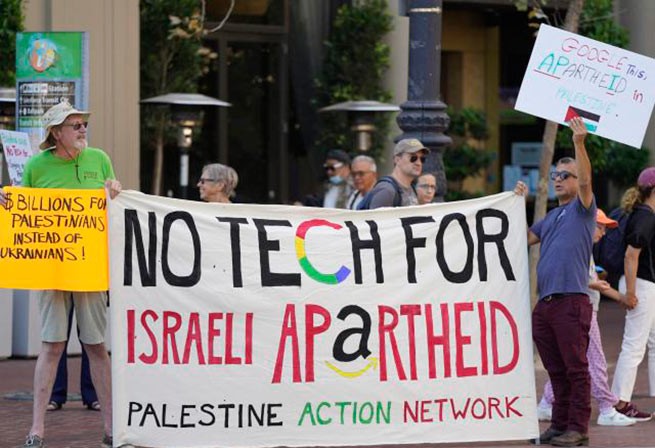
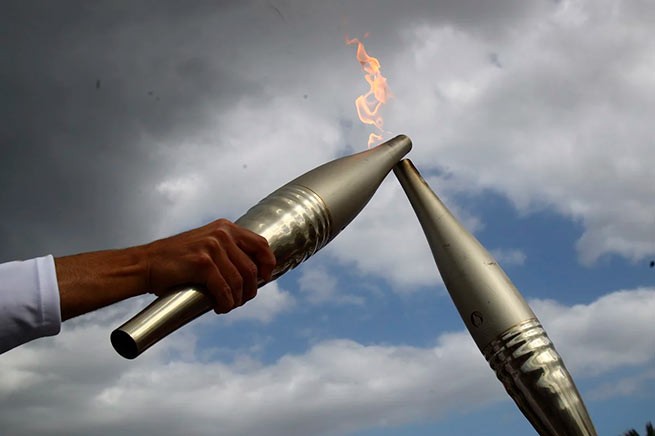


More Stories
A man with a grenade entered the Iranian consulate in Paris
12 American B-2 Spirit strategic bombers take off from Missouri
Google fired 28 employees who took part in anti-Israel demonstrations